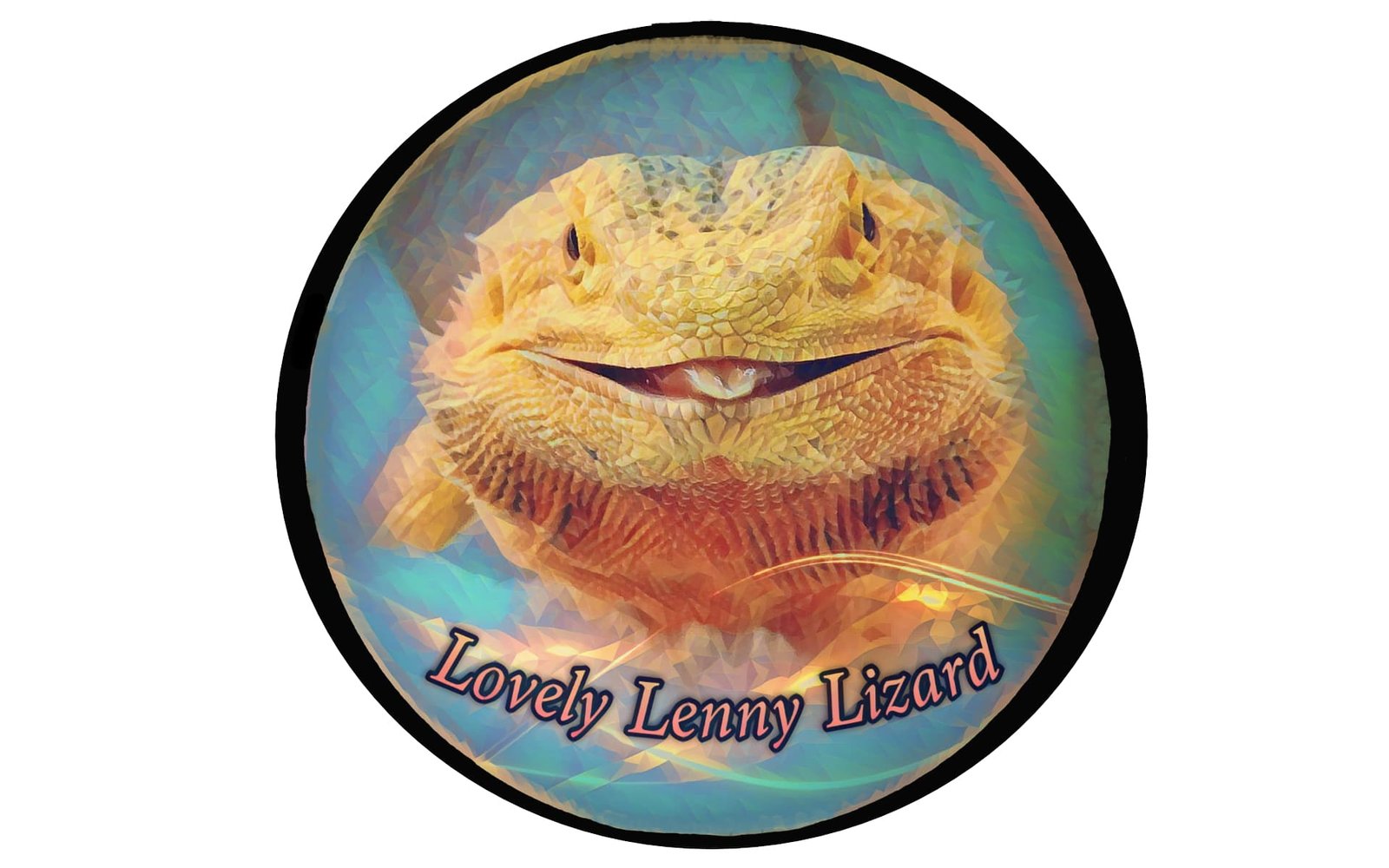The benefits of organic bee pollen for bearded dragons!

Organic Bee Pollen: A Natural Boost for Bearded Dragons
Bearded dragon owners often struggle to get their pets to eat enough leafy greens. Enter organic bee pollen – a nutritional powerhouse that may help entice these reptiles to consume more plant matter. Here’s how this natural supplement can benefit bearded dragons:
Nutrient-Rich Topper
Organic bee pollen contains many vitamins, minerals, proteins, and antioxidants. Sprinkling a small amount over greens can enhance their nutritional value while adding an appealing flavor and aroma.
Appetite Stimulant
The strong scent and taste of bee pollen may spark a bearded dragon’s interest in vegetables. Its natural sweetness can help mask the bitterness of some greens.
Immune System Support
The antioxidants and nutrients in bee pollen can help bolster a bearded dragon’s immune defenses when used as part of a balanced diet.
Digestive Aid
Bee pollen contains enzymes that may assist with digestion, potentially helping bearded dragons process plant matter more efficiently.

Using Bee Pollen Safely:
- Choose organic, pesticide-free pollen to avoid harmful chemicals
- Start with tiny amounts to check for allergies or sensitivities
- Use sparingly as a treat or topper, not as a dietary staple
- Consult an exotic vet before adding any supplement to your pet’s diet
While not a miracle cure, organic bee pollen shows promise as a natural way to encourage leafy green consumption in bearded dragons when used properly, it can be a beneficial addition to their care routine.
It’s important to consider potential risks here’s an overview of some dangers associated with feeding bee pollen to bearded dragons:
- Allergic reactions: Just like humans, bearded dragons can have allergies. Some may be sensitive to bee pollen, potentially leading to adverse reactions.
- Overfeeding: While nutritious, bee pollen is calorie-dense. Excessive use could lead to obesity or nutritional imbalances if it displaces other essential foods in their diet.
- Contamination: If not sourced properly, bee pollen may contain pesticides, heavy metals, or other environmental toxins that could harm your pet.
- Choking hazard: Large granules of bee pollen could (potentially) pose a choking risk, especially for younger or smaller bearded dragons.
- Digestive issues: Introducing bee pollen too quickly or in large amounts might cause digestive upset, including diarrhea or constipation.
- Interference with medication: Bee pollen might interact with certain medications or treatments your bearded dragon is receiving. Be sure to check with your exotic vet before feeding.
- False sense of nutritional adequacy: Relying too heavily on bee pollen as a supplement might lead owners to neglect other crucial aspects of their pet’s diet.
- Potential for bacterial contamination: Improperly stored bee pollen can develop harmful bacteria or mold.
Given these potential risks, it’s crucial to consult with a veterinarian experienced in reptile care before introducing bee pollen to your bearded dragon’s diet. They can provide guidance on whether it’s appropriate for your specific pet and, if so, how to use it safely.

What attracts Bearded Dragons to bee pollen? Is it just the color?
Visual perception: Bearded dragons have good color vision and can see a range of colors, including UV light. However, the yellow-orange color of bee pollen isn’t especially attractive to them.
Scent-oriented: Bearded dragons rely heavily on their sense of smell when foraging. The strong, sweet aroma of bee pollen is more likely to attract their attention than its color.
Taste preferences: These reptiles are often drawn to sweet flavors, which bee pollen provides. This taste factor is probably more influential than color in making bee pollen appealing.
Natural instincts: In the wild, bearded dragons don’t encounter bee pollen as a distinct food source, so they haven’t evolved a specific attraction to its color. Individual preferences: Like many animals, bearded dragons can have individual food preferences that aren’t necessarily tied to color.
Remember, while visual appeal can play a role, factors like scent, taste, and texture are often more important in encouraging bearded dragons to eat their greens.
Do all beardies enjoy it?



I can tell you from personal experience with our boy Sol that all beardies are different and much like humans they have their own personalities. While I believe Lenny would choose bee pollen some days over hornworms, Sol will reject his greens if there is something yellow that resembles bee pollen in his food dish. The best way to find out is to try!
Have you tried organic bee pollen with your beardies? Let us know in the comments below. What did they think of this sweet additive?
Do you need a cute bee pollen container? Well, you are in luck! We happen to have one in the store! Head on over to our shop and purchase one today!
Need more information about tips and tricks to get your beardie to eat their greens? See our articles on just that!
